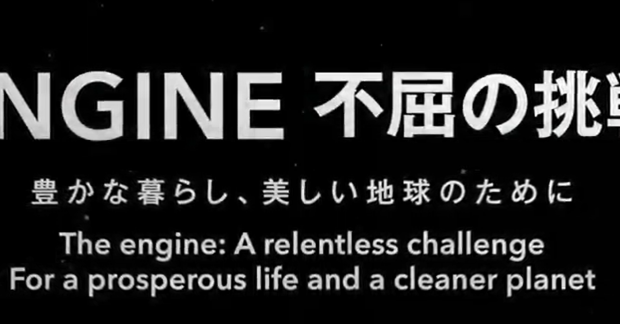Driving Towards Carbon Neutrality: Subaru, Toyota, and Mazda's Engine Revolution
Key Ideas
- Subaru, Toyota, and Mazda commit to developing new engines for electrification, tailored to work seamlessly with electric components and various carbon-neutral fuels.
- The focus on decarbonization aims to ensure supply chain sustainability and job security, especially in challenging racing conditions where hydrogen and synthetic fuels are tested.
- The new engines will enhance vehicle design by being more compact, leading to better aerodynamics, improved fuel efficiency, and compliance with stricter emission standards.
- The engines are designed to be versatile, capable of running on e-fuels, biofuels, and liquid hydrogen, promoting the adoption of carbon-neutral alternatives.
In a joint effort to achieve carbon neutrality, Subaru Corporation, Toyota Motor Corporation, and Mazda Motor Corporation have embarked on developing next-generation engines that prioritize compatibility with electric motors, batteries, and various carbon-neutral fuels. These engines, tailored for electrification, aim to enhance vehicle performance, design, and sustainability by seamlessly integrating with electric components and diverse eco-friendly fuel options. The collaboration intends to ensure the future sustainability of the automotive industry in Japan, focusing on optimizing engine efficiency, aerodynamics, and emission compliance. Through their commitment to innovation and environmental responsibility, the three automakers are paving the way for a more sustainable future by promoting the adoption of carbon-neutral technologies and driving advancements in engine development.
